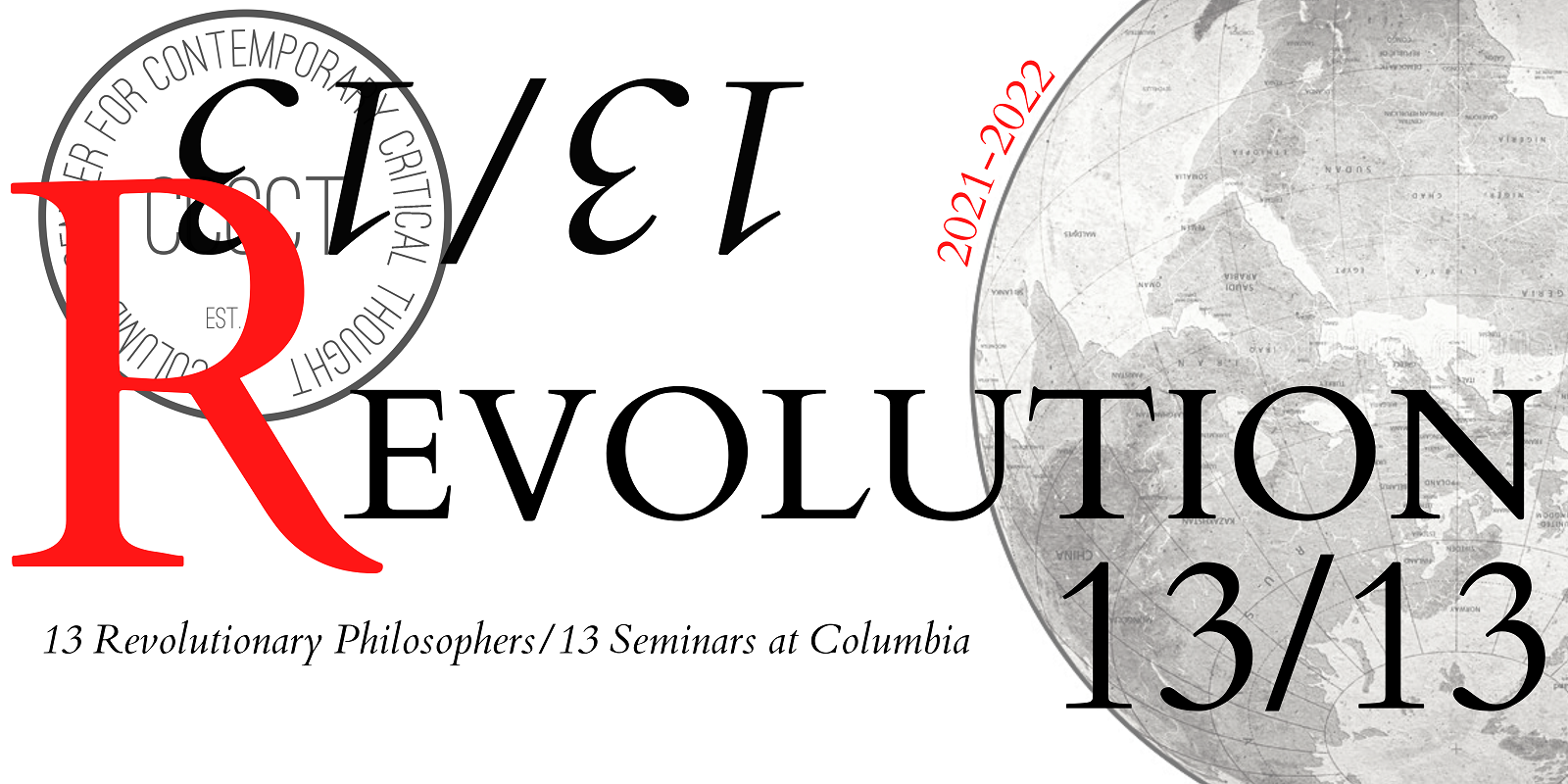“In any case, I hate everything that merely instructs me without augmenting or directly invigorating my activity.”
— Friedrich Nietzsche, Untimely Meditations (1873)
It is with those words of Goethe that the young Friedrich Nietzsche, barely twenty-nine years old, opens his untimely meditations on history, or more specifically, on the value of history. It is those words that would guide Nietzsche in his early writings toward the concept of critical history as one way, among others, to use history to transform us—to help “implant in ourselves a new habit, a new instinct, a second nature.” It is those words of Goethe that ultimately would lead Nietzsche, fifteen years later and shortly before he lost his mind, to craft the term genealogy and crown it in the title of one of his last great works, On the Genealogy of Morals (1887). And it is that same spirit that inspired Gilles Deleuze and Michel Foucault, first conceptually and then practically, respectively, to birth the genealogical method of critique.
Today, the genealogical method has proliferated so widely within critical circles that it has become practically hegemonic. Anyone with a theoretical bone who engages in historically inflected critique refers to their work now as “genealogical,” rather than “historical.” In homage to Foucault, critical thinkers still, and often, rehearse the term “history of the present.” But it has become practically flatfooted today to merely write history. We, critical philosophers, no longer do that. We write genealogies. The genealogical method, born with Deleuze and Foucault in the 1960s, has triumphed—at least among critics.
Now that the genealogical method has become hegemonic within critical circles, it is time to take a step back and ask the question of the value of genealogical work. The metric against which to evaluate genealogical critique is whether it promotes the ambition of critical philosophy, namely to augment and nourish our praxis. Does it contribute to transforming ourselves, others, and society? What good is genealogy for praxis?
The fact is, not all genealogical critique today encourages praxis. Nor does all philosophical debate on the genealogical method. As a result, it is now urgent that we test which philosophical interventions promote the ambition of critical philosophy and which demobilize or paralyze or lead us astray. With only a slight alteration, we might say, with Nietzsche, that “We want to serve genealogy only to the extent that genealogy serves life.” Otherwise, we turn our philosophical inquiry into a scientistic, positivistic, rarified, professionalized discourse that defeats the entire critical enterprise.
It is urgent now that we knock on our genealogical critiques to determine which are hollow and which are robust—which discourage and which encourage action. It is time, once again, that we do philosophy with a hammer…
To read further, please download the full paper freely on the open access website here at SSRN: https://ssrn.com/abstract=4147668
